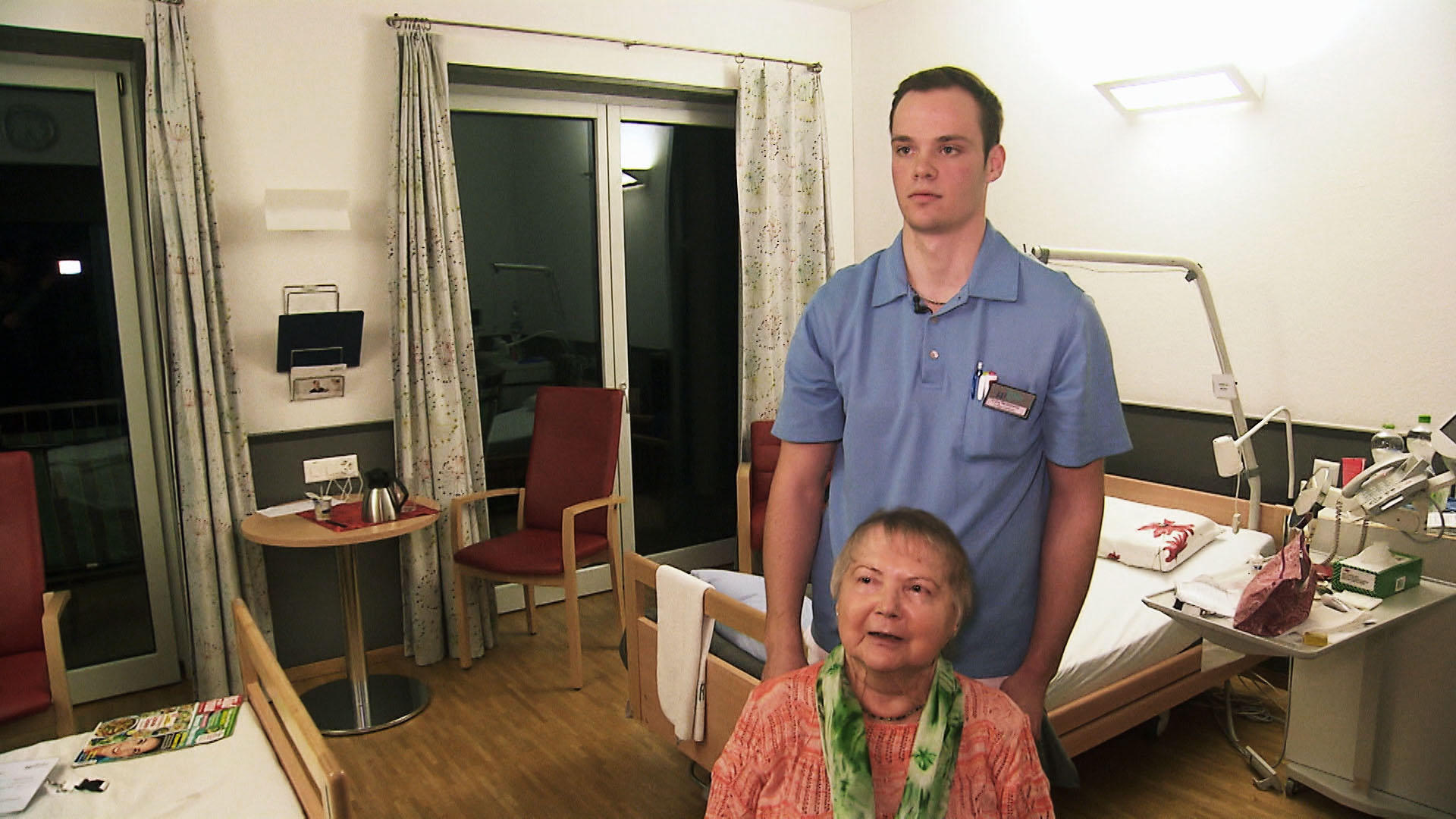
Parliament agrees to restrict access to civilian service

The Swiss parliament has adopted a proposal to make civilian service more difficult, especially for soldiers who have already completed part of their compulsory military service.
The House of Representatives on Thursday followed the Senate in agreeing a legal reform, including a 12-month waiting period for candidates, despite opposition mainly from members of left-wing parties.
Supporters of the reform, including the government, argued that the increasing popularity of the civilian service undermined the number of conscripts in the Swiss militia army.
Opponents slammed the reform as a purely arbitrary measure.
Pacifists and several political parties mainly on the left of the political spectrum have announced they will challenge the legal reform to a nationwide vote.
Conscientious objectors
Civilian service was introduced in 1992 as an option notably for conscientious objectors who refused to serve in the country’s militia army.
Access to civilian service was eased in 2009, leading to a temporary surge in applications.
All able-bodied Swiss men are called up to do military service from the age of 19. If declared fit for military service – as on average two-thirds of conscripts are – the only way out is to opt on ethical grounds for civilian community service. This lasts 50% longer than military service.
Many non-profit organisations are licensed to employ civilian service workers. They can apply for work in a broad variety of opportunities: health care, welfare, environmental protection, agriculture (small or alpine farms) and research projects.

More
What makes civilian service so attractive?

In compliance with the JTI standards
More: SWI swissinfo.ch certified by the Journalism Trust Initiative




























You can find an overview of ongoing debates with our journalists here . Please join us!
If you want to start a conversation about a topic raised in this article or want to report factual errors, email us at english@swissinfo.ch.